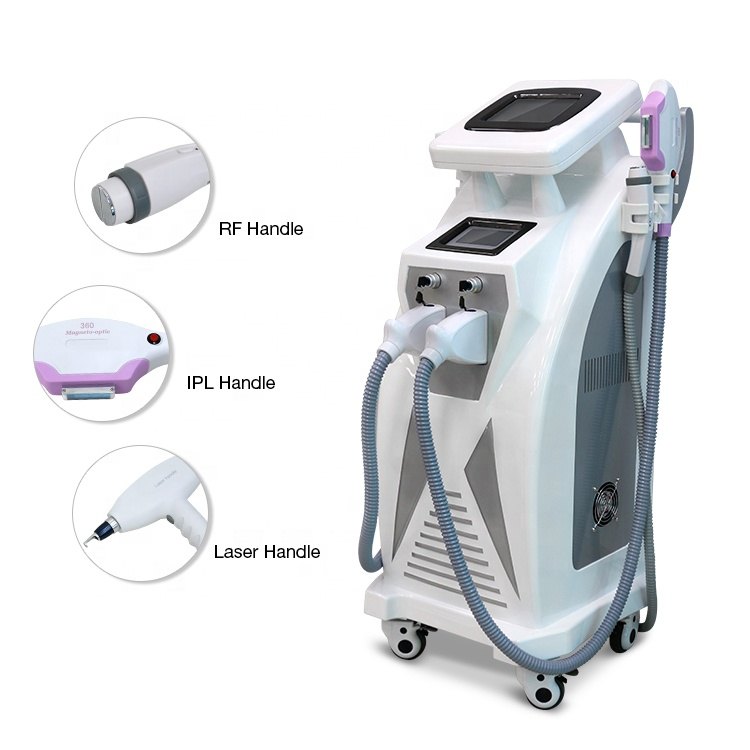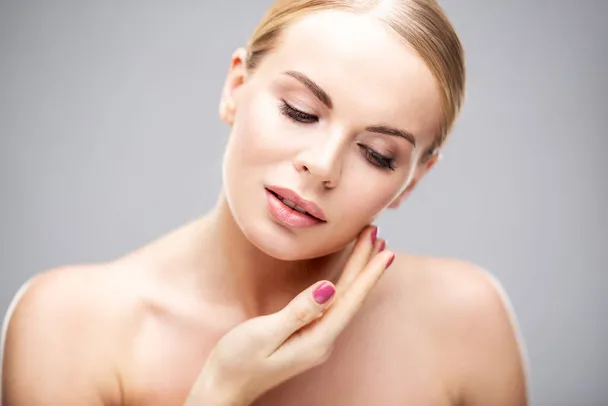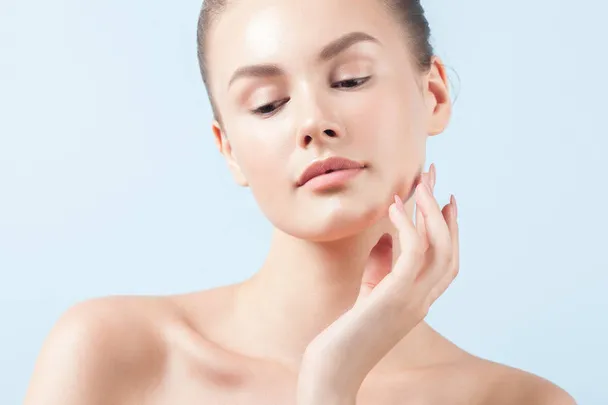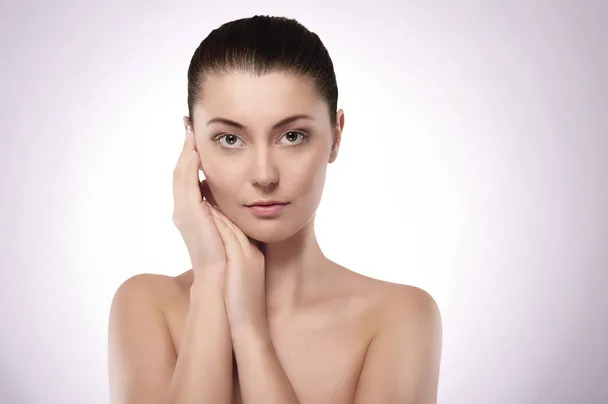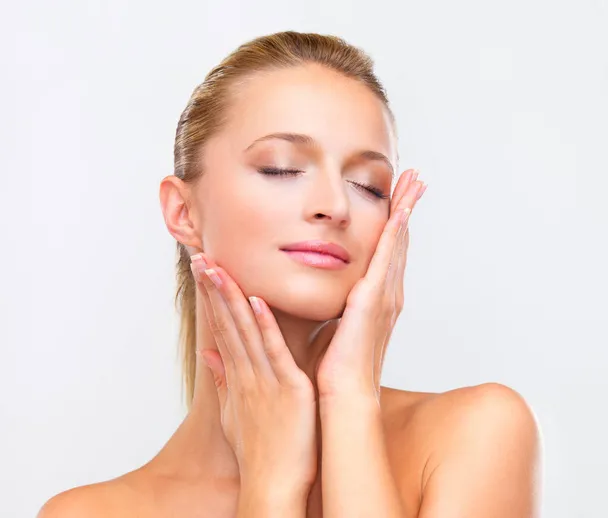Understanding Acne
Acne is a prevalent skin condition characterized by the obstruction of hair follicles, resulting from the accumulation of sebum (oil) and dead skin cells. This accumulation leads to the formation of various types of lesions, including pimples, blackheads, and whiteheads. Several factors play a role in the development of acne, such as hormonal fluctuations, genetic predisposition, and lifestyle habits. Hormonal changes, especially during puberty, can increase the production of sebum, contributing to pore blockage. Genetics also play a significant role, as individuals with a family history of acne are more likely to experience it themselves. Additionally, lifestyle factors like diet, stress, and skincare habits can influence the severity and frequency of breakouts. Understanding these underlying causes is crucial for devising an effective treatment plan tailored to address the specific needs of individuals experiencing acne. By targeting the root causes of acne, such as excess oil production and inflammation, treatment strategies can help alleviate symptoms and prevent future breakouts, ultimately promoting clearer, healthier skin.
Treatment Options:
Over-the-Counter Products: Over-the-counter (OTC) acne treatments play a pivotal role as the initial step in addressing mild to moderate acne concerns. These readily available products serve as the frontline defense against various manifestations of acne, including pimples, blackheads, and whiteheads. Typically formulated with active ingredients such as benzoyl peroxide, salicylic acid, or sulfur, OTC acne treatments target the root causes of acne formation. Benzoyl peroxide, renowned for its antibacterial properties, combats acne-causing bacteria while regulating excess oil production. Salicylic acid, on the other hand, facilitates gentle exfoliation of the skin, effectively unclogging pores and preventing future breakouts. Sulfur, another common ingredient, boasts antibacterial qualities and aids in absorbing surplus oil from the skin’s surface. Available in a diverse array of formulations, including cleansers, spot treatments, gels, creams, and pads, OTC acne products cater to varying preferences and application methods. These treatments are designed for direct application to affected areas and can be procured without the need for a prescription. By harnessing the power of OTC acne treatments, individuals can take proactive measures to manage acne effectively and restore skin clarity and confidence.
Prescription Medications: for individuals grappling with severe or persistent acne, the intervention of prescription medications may prove indispensable in achieving clearer, blemish-free skin. Topical retinoids, exemplified by tretinoin or adapalene, stand as commonly prescribed treatments aimed at combating acne at its source. These retinoids function by unclogging pores, thwarting the formation of new acne lesions, and expediting skin cell turnover, thereby promoting a smoother complexion. Oral antibiotics, such as doxycycline or minocycline, represent another frequently prescribed option, tasked with quelling inflammation and eradicating acne-causing bacteria from within. In cases where hormonal imbalances underpin acne manifestations, dermatologists may advocate for hormonal treatments like oral contraceptives or spironolactone, particularly for women grappling with hormonal acne. It is imperative to seek guidance from a qualified dermatologist to ascertain the most suitable prescription medication tailored to the individual’s unique acne profile, factoring in the type, severity, and underlying causes of the condition.
Professional Treatments: Professional treatments offered by skincare professionals can complement topical and oral medications in effectively managing acne. Chemical peels are one such option, involving the application of a chemical solution to the skin’s surface. This solution exfoliates the skin, helping to unclog pores and promote the removal of dead skin cells. The result is smoother, clearer skin with minimized acne lesions. Microdermabrasion is another procedure utilized to address acne-related concerns. It employs a minimally abrasive instrument to gently exfoliate the outer layer of the skin, diminishing the appearance of acne scars and reducing the visibility of active lesions. Laser therapy represents a more targeted approach, aiming to eradicate acne-causing bacteria and regulate oil production. By reducing bacterial activity and oiliness, laser therapy can lead to fewer breakouts and an overall improvement in skin texture. These professional treatments are customized to suit individual skin types and concerns, ensuring that each patient receives tailored care. When administered by qualified skincare professionals, these interventions can yield significant enhancements in acne symptoms, contributing to clearer, healthier-looking skin.
Preventive Measures:
Proper Skincare Routine: Establishing a consistent skincare routine is essential for preventing acne breakouts. Cleanse your skin twice daily with a gentle cleanser to remove dirt, oil, and impurities. Avoid harsh scrubbing, as it can irritate the skin and worsen acne. After cleansing, apply a non-comedogenic moisturizer to keep your skin hydrated without clogging pores. Incorporate products with acne-fighting ingredients like salicylic acid or benzoyl peroxide into your routine to target existing acne and prevent new breakouts. Consistency is key, so stick to your skincare routine even when you’re not experiencing breakouts to maintain clear, healthy skin.
Use Non-Comedogenic Products: Using non-comedogenic products is essential for maintaining clear, healthy skin, especially for those prone to acne breakouts. Non-comedogenic products are formulated to avoid clogging pores, making them ideal for preventing acne and other skin issues. When selecting skincare and makeup products, prioritize those labeled as non-comedogenic, as they are specifically designed to be gentle on the skin and won’t exacerbate existing acne or cause new breakouts. Look for oil-free, water-based formulas, as these are less likely to contribute to acne breakouts. By opting for non-comedogenic products, you can effectively care for your skin without worrying about pore blockages or acne formation. Additionally, choosing oil-free products further minimizes the risk of pore blockages, ensuring that your skin remains clear and healthy. Incorporating non-comedogenic products into your skincare and makeup routine allows you to enjoy the benefits of these products while maintaining clear, blemish-free skin.
Avoid Touching Your Face: Avoiding touching your face is crucial for maintaining clear, healthy skin, especially for individuals prone to acne breakouts. Touching or picking at acne lesions can transfer bacteria from your hands to your face, leading to further inflammation and potentially worsening the condition. By keeping your hands away from your face as much as possible, you can prevent the spread of dirt, oil, and bacteria onto your skin, reducing the risk of acne breakouts. Additionally, touching your face can cause trauma to existing acne lesions, increasing inflammation and the likelihood of scarring. To minimize the risk of acne-related complications, practice good hygiene habits and refrain from touching your face unnecessarily. By following these simple steps, you can help maintain clear, blemish-free skin and promote overall skin health.
Maintain a Healthy Lifestyle: Adopting a balanced diet, engaging in regular exercise, and ensuring adequate sleep are essential aspects of maintaining overall skin health and reducing the likelihood of acne breakouts. Consuming a diet rich in fruits, vegetables, lean proteins, and whole grains provides essential nutrients that support skin health. Regular exercise improves blood circulation, promotes detoxification, and reduces stress levels, all of which contribute to clearer skin. Additionally, adequate sleep allows the body to repair and regenerate skin cells, promoting a healthy complexion. Avoiding excessive stress and practicing stress-management techniques such as meditation, yoga, or deep breathing exercises can help prevent hormonal fluctuations that may trigger acne. By prioritizing a healthy lifestyle, you can support your skin’s natural balance and reduce the occurrence of acne breakouts.
Conclusion
In conclusion, addressing acne involves a multifaceted approach encompassing various strategies aimed at both treatment and prevention. Understanding the factors contributing to acne formation is crucial in devising an effective plan to combat it. By combining proper skincare practices, such as cleansing and using non-comedogenic products, with lifestyle adjustments like maintaining a healthy diet and managing stress levels, you can significantly reduce acne breakouts. In cases where home remedies prove insufficient, seeking professional guidance from a dermatologist becomes essential. Dermatological interventions, including prescription medications and professional treatments like chemical peels and laser therapy, offer targeted solutions for persistent acne. Consistency and patience are key virtues throughout this process, as achieving clearer, healthier skin may require time and dedication. Remember that every individual’s skin is unique, so personalized treatment plans tailored to specific needs yield the best results. By staying committed to your skincare routine and seeking appropriate medical advice when needed, you can overcome acne and achieve the clear, blemish-free complexion you desire.

